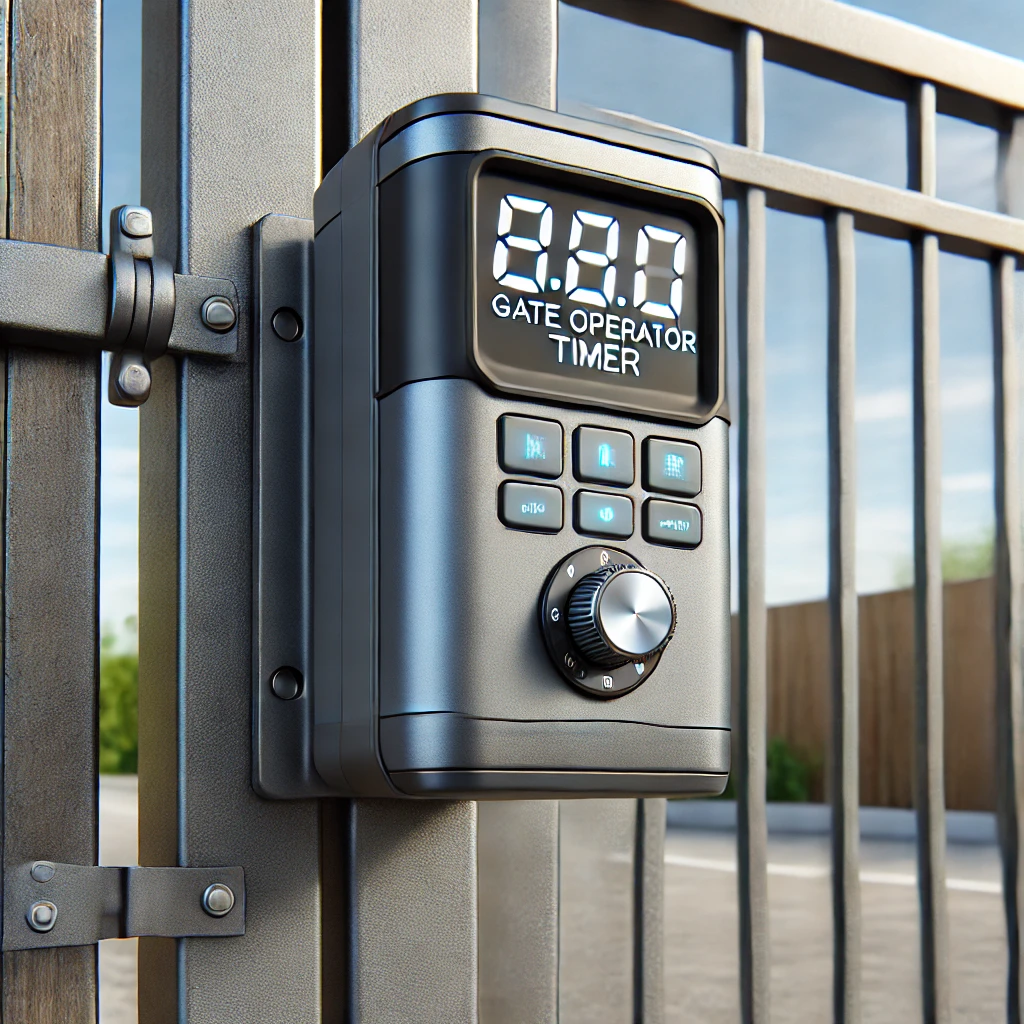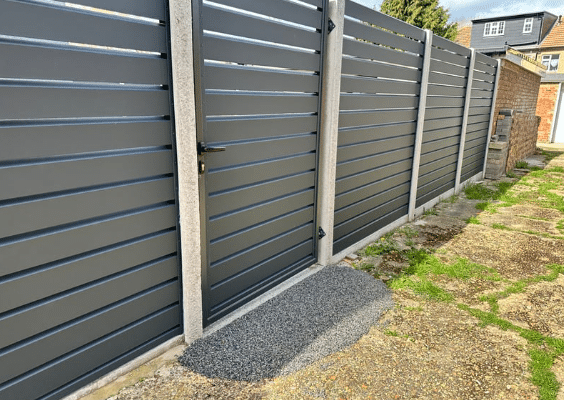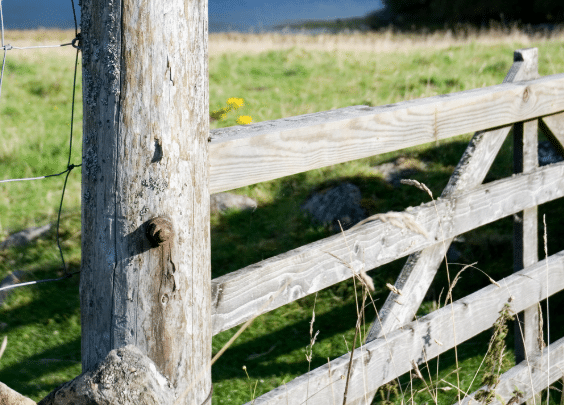Guide to Gate Operator Timers: Choosing the Right Timer for Your Needs
One of the key features in modern gate systems is the use of gate operator timers, which manage the timing of gate openings and closings. However, not all timers function the same way, making it essential to choose the right one for your specific needs. In this post, we’ll explore two main types of timers: closing timers and commercial gate timers, which allow for precise control over gate operation schedules.
Understanding the Different Types of Gate Timers
Gate timers can be categorized into two primary types based on their functionality:
- Closing Timers – These timers control when the gate will automatically close after being opened.
- Event Timers – These timers allow you to program specific opening and closing times based on hours or days.
Let’s break these down further.
Closing Timers
A closing timer is a standard feature in most gate operators. It ensures that once a gate is opened—either manually or automatically—it closes after a pre-set time. This type of timer is essential for maintaining security and privacy, especially if users forget to close the gate after entering or exiting.
For example:
- If the closing timer is set for 30 seconds, the gate will automatically close 30 seconds after it was opened.
- These timers are commonly used in residential settings where the goal is to maintain security without requiring users to close the gate manually.
Benefits of Closing Timers:
- Automatic security: You don’t have to worry about the gate remaining open, reducing the risk of unauthorized access.
- Convenience: Eliminates the need for users to remember to close the gate.
- Energy savings: For automatic gate operators, reducing how long the motor runs helps extend its lifespan.
Event Timers
In contrast to closing timers, event timers are more sophisticated. They allow you to control when the gate opens and closes, based on specific days and times. This is particularly useful for commercial gate timers, gated communities, or businesses that have defined operating hours.
For example:
- You can program the gate to open at 8:00 AM and close at 6:00 PM, Monday through Friday. Outside these hours, the gate will remain closed and secure.
- Event timers are also useful for temporary access. For example, during holidays or special events, you can adjust the timing to accommodate visitors.
Benefits of Event Timers:
- Custom schedules: These timers allow full control over when the gate is accessible, perfect for commercial or institutional use.
- Increased security: During non-operating hours, the gate remains closed, preventing unauthorized access.
- Flexibility: Easily adaptable to changes in schedules or temporary access needs.
Which Timer is Right for You?
The choice between a closing timer and an event timer depends on your specific needs:
- For Residential Properties: If you need simple automation to ensure the gate closes after it’s been opened, a basic closing timer will suffice. It ensures the gate doesn’t remain open unintentionally, adding convenience and security.
- For Commercial or Gated Communities: If you need more control over when the gate is open or closed, an event timer is the better choice. It allows you to create specific schedules, ensuring the gate is only accessible during certain hours or days.
Conclusion: Choose the Right Timer for Your Gate Operator
Gate openers timers play a crucial role in enhancing security and convenience. Understanding the difference between a basic closing timer and a more advanced event timer can help you choose the best option for your property. Whether you need a timer to automatically close your gate after it’s been opened or one that gives you full control over your gate’s operating hours, there are plenty of reliable options on the market, such as EMX and LiftMaster timers.





